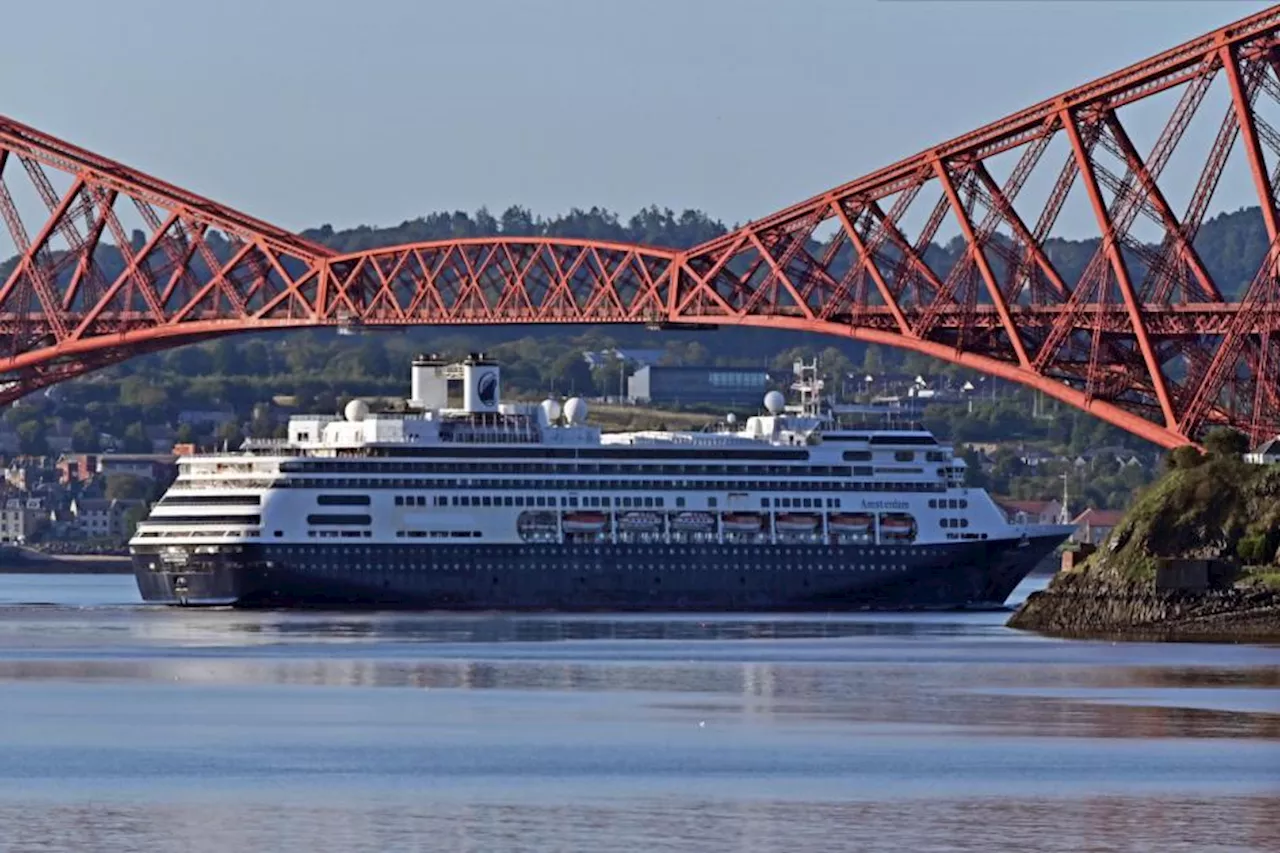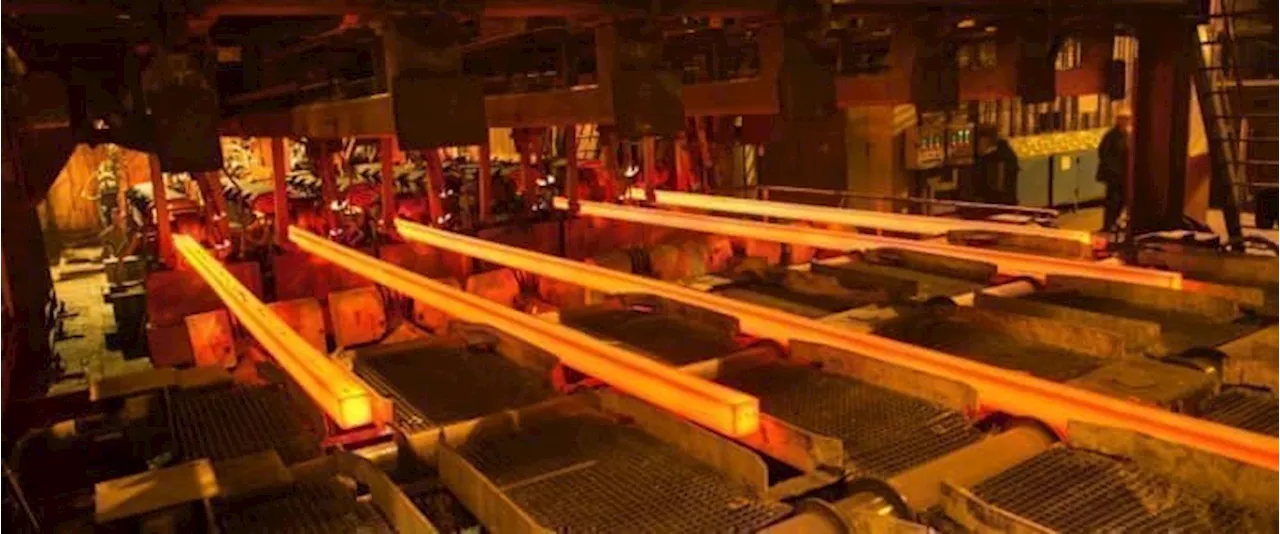The EU has implemented the Carbon Border Adjustment Mechanism (CBAM) to put a fair price on carbon emitted during the production of carbon-intensive goods entering the EU. The policy aims to protect domestic producers and encourage cleaner industrial production in non-EU countries. The CBAM will apply to various carbon-intensive products and is expected to dissuade EU producers from investing overseas to avoid environmental emission regulations. The US plans to start taxing exports in carbon-intensive sectors in 2026, making the EU's policy relevant for US trade policies.
Via Metal Miner This month saw the launch of the EU’s
has only just gone live as of October 1, entering into application in its transitional phase. Currently, the first reporting period for importers ends on January 31, 2024. Meanwhile, the American Action Forum reports that the plan is to start taxing U.S. exports in carbon-intensive sectors in 2026. Affects on Changing U.S. Trade Policies Should the U.S, be bothered by what the EU does in this regard Well, yes. On several levels, it has relevance for both U.S. and domestic consumers.
would allow the U.S. to impose a price in the form of import fees, tariffs, or taxes, on carbon emitted during the production of goods in the country of origin. Both trade blocks have long sought to limit market penetration of low-cost steel, aluminum, and other products from their home markets. For instance, President Trump introduced the section 232 tariffs of 10% on aluminum and 25% on steel products from nearly everyone.
expressly to avoid WTO litigation, so a U.S.
United Kingdom Latest News, United Kingdom Headlines
Similar News:You can also read news stories similar to this one that we have collected from other news sources.
 Easy diet changes can lower carbon footprint, according to studyResearchers led by the Stanford School of Medicine have identified a set of simple food swaps that can make a big difference in an individual's carbon footprint—without the need for a drastic dietary overhaul. The suggestions include exchanges as easy as replacing beef with chicken in a burrito or selecting plant-based milk over dairy.
Easy diet changes can lower carbon footprint, according to studyResearchers led by the Stanford School of Medicine have identified a set of simple food swaps that can make a big difference in an individual's carbon footprint—without the need for a drastic dietary overhaul. The suggestions include exchanges as easy as replacing beef with chicken in a burrito or selecting plant-based milk over dairy.
Read more »
 New Whitchurch swimming pool will have carbon neutral energy systemShropshire Council will fund a climate-friendly modern all-electric plant system at the new Whitchurch Swimming and Fitness Centre.
New Whitchurch swimming pool will have carbon neutral energy systemShropshire Council will fund a climate-friendly modern all-electric plant system at the new Whitchurch Swimming and Fitness Centre.
Read more »
 Lorna Slater announces plans for cruise ship carbon levyCRUISE ships visiting Scotland are set to be charged a levy by local councils, the Scottish Government has announced.
Lorna Slater announces plans for cruise ship carbon levyCRUISE ships visiting Scotland are set to be charged a levy by local councils, the Scottish Government has announced.
Read more »
 Scottish Minister to Introduce Legislation to Tackle Carbon Emissions from Cruise ShipsLorna Slater, the Minister for Green Skills, Circular Economy and Biodiversity, plans to empower local authorities to charge visiting cruise ships a levy to tackle carbon emissions and raise funds. The move aims to ensure that communities hosting cruise ships receive the investment they deserve, with the intention of charging the most polluting ships more. This policy aligns with global efforts to reduce emissions from the sector, as seen in Barcelona's ban on cruise ships and Norway's restriction on non-zero emission ships in its fjords.
Scottish Minister to Introduce Legislation to Tackle Carbon Emissions from Cruise ShipsLorna Slater, the Minister for Green Skills, Circular Economy and Biodiversity, plans to empower local authorities to charge visiting cruise ships a levy to tackle carbon emissions and raise funds. The move aims to ensure that communities hosting cruise ships receive the investment they deserve, with the intention of charging the most polluting ships more. This policy aligns with global efforts to reduce emissions from the sector, as seen in Barcelona's ban on cruise ships and Norway's restriction on non-zero emission ships in its fjords.
Read more »
 Carbon Markets Expected to Exceed $800 Billion Despite Falling Trade VolumesESG investments have slowed down, but carbon markets are expected to grow by 5% this year, reaching a value of over $800 billion. Carbon markets allow companies and individuals to compensate for their greenhouse gas emissions by purchasing carbon credits.
Carbon Markets Expected to Exceed $800 Billion Despite Falling Trade VolumesESG investments have slowed down, but carbon markets are expected to grow by 5% this year, reaching a value of over $800 billion. Carbon markets allow companies and individuals to compensate for their greenhouse gas emissions by purchasing carbon credits.
Read more »
 UUP change of mind sees Ards and North Down accept Irish sea border grantIf DUP had won vote it would have cost Ards and North Down ratepayers £55,000
UUP change of mind sees Ards and North Down accept Irish sea border grantIf DUP had won vote it would have cost Ards and North Down ratepayers £55,000
Read more »
